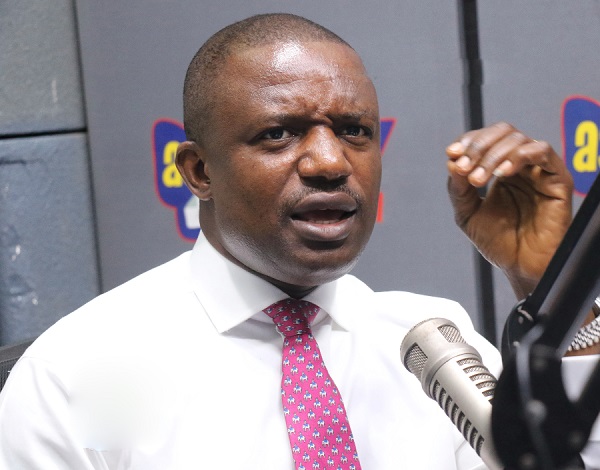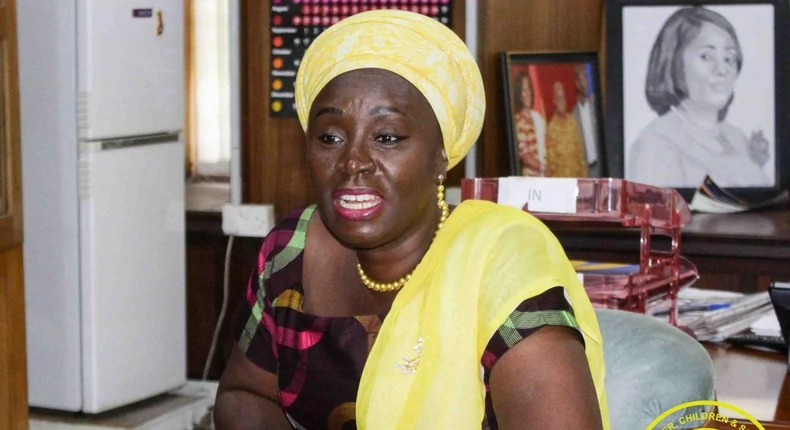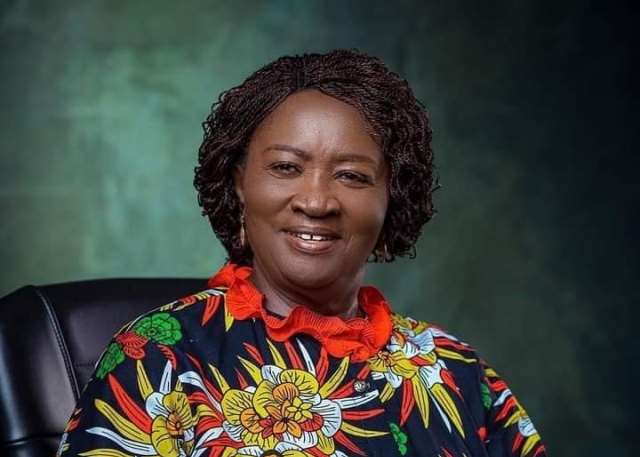PAY FOR POWER OR BE DISCONNECTED – Energy Minister Warns Gov’t Agencies

Energy Minister John Jinapor is promising to take action against Ministries, Departments, and Agencies (MDAS) indebted to the Electricity Company of Ghana (ECG), cautioning that they may face disconnection if they do not settle their dues.
Addressing the Energy Committee of Parliament, Mr. Jinapor disclosed that the debts of state agencies have reached concerning heights, highlighting the Ghana Water Company Limited for not paying a single cedi over the last seven months.
“Yesterday [Wednesday], I was listening to a news item where Ghana Water made a complaint that, because of some erratic power situation, they are unable to supply adequately. I empathise with them. And I think that what we’ve inherited, we should improve it. But the other note is that Ghana Water hasn’t paid even one cedi for seven months,” he said.
The Minister emphasised that ECG needs to gather the funds due for the stabilisation of the power sector
“If you don’t pay one cedi for seven months and it adds up to one billion, the power sector will not be stable. The private sector or ordinary citizens alone cannot be called upon to shoulder the burden. The water is produced, and the water is sold. ECG must collect the money. And as minister, I will insist that ECG should collect the money.
“The taxpayers’ money should not be used to subsidise ECG’s inability to collect the money. Ghana Water must collect its money. It sells the water. I consume water, I pay for it. I consume electricity, I pay for it. This is the only way we can bring about efficiency and turn the sector around,” he stated.
NKONKONSA.c.om





